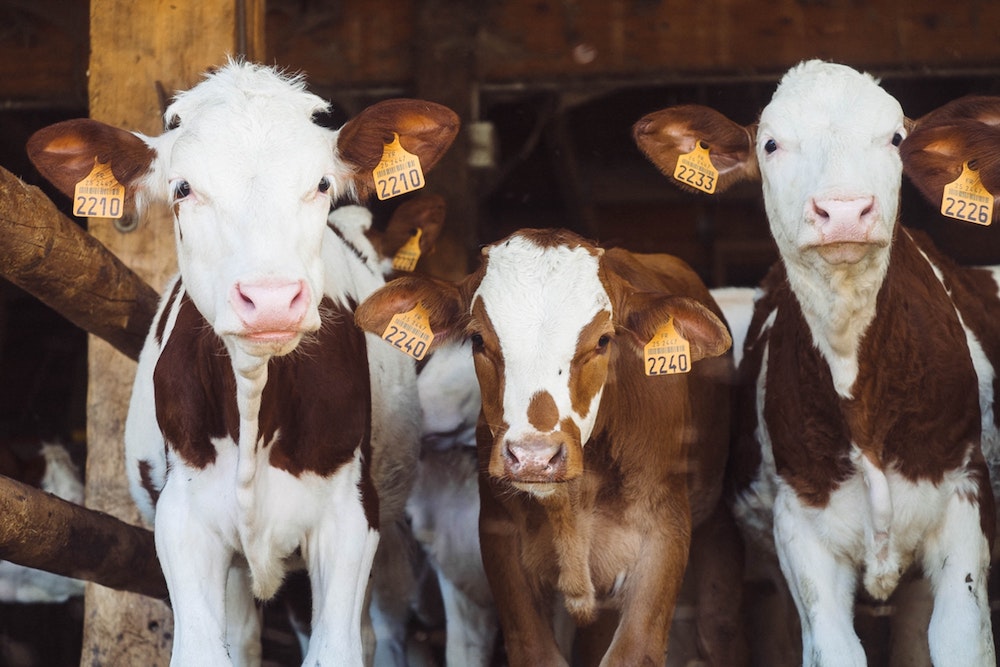ImpactAlpha, July 1 – In a post-COVID world, governments may tax animal-grown meat rather than subsidize it. Such carbon taxes could cost the top 40 global meat giants up to $11.6 billion by 2050, according to an analysis from investor coalition FAIRR.
Like tobacco, carbon and sugar, animal-grown meat exacts social costs (in the form of health and infectious disease) and environmental costs (methane and nitrous oxide emissions) that are not borne by the companies that produce it. Pricing in such externalities with taxes could lower consumption of such products. Zoonotic disease outbreaks, such as COVID-19, are renewing scrutiny of factory farming.
- Meat taxes. In New Zealand, where agriculture accounts for nearly half of total emissions, farmers have until 2022 to measure and price emissions at the farm level. New Zealand is the first country to bring farm emissions under its Emissions Trading Scheme, starting in 2025. Sweden, Netherlands, Denmark and Germany are considering similar schemes.
- Repricing. Factory farming emits more greenhouse gases than the world’s planes, trains and cars combined, ”driving gathering momentum in policy circles to apply carbon taxes to the meat industry,” said FAIRR’s Jeremy Coller. “Investors are starting to price this market event into their long-term valuations of meat companies.” FAIRR has built the likelihood of carbon tax on animal proteins into its climate risk tool for investors.











